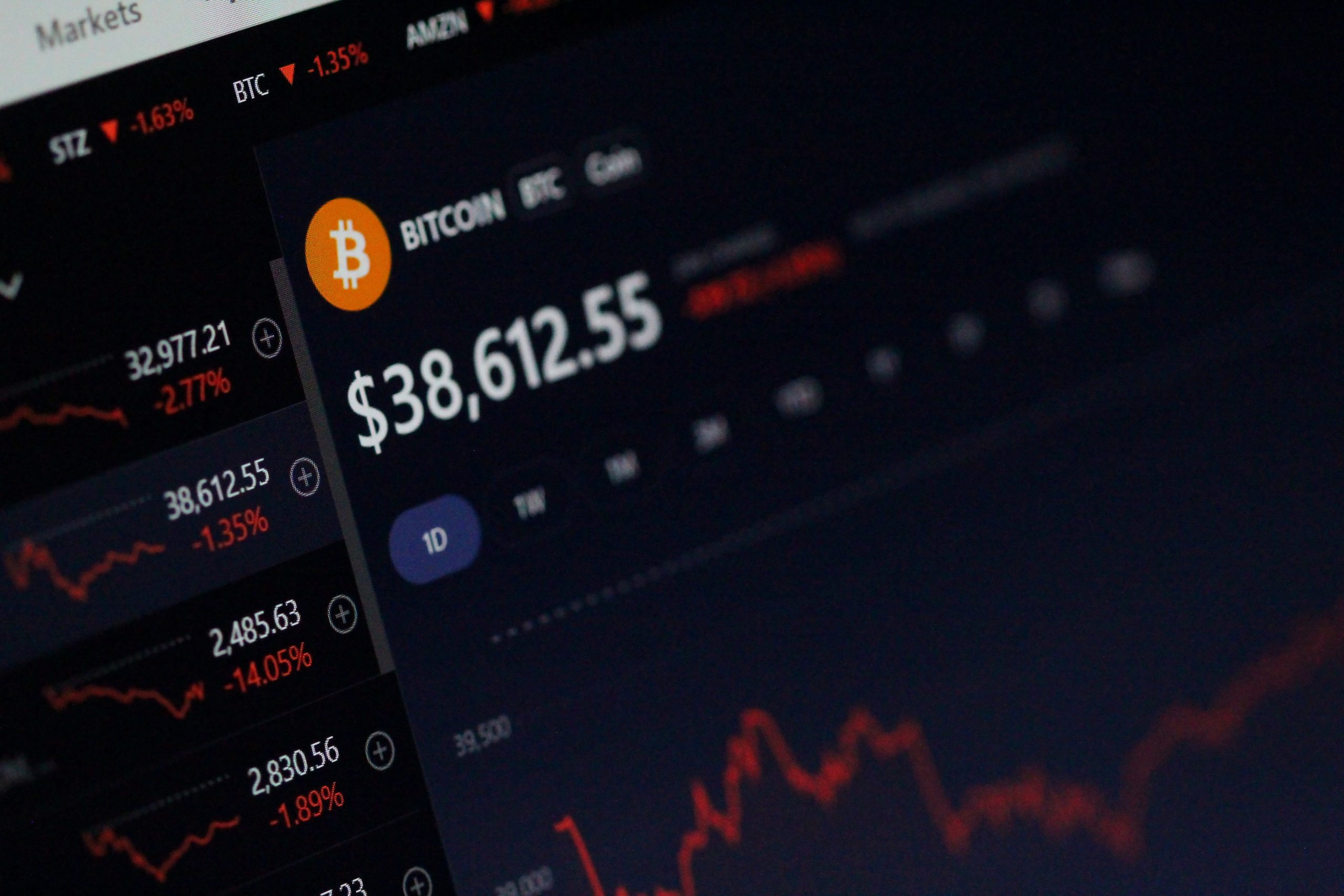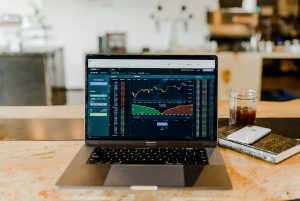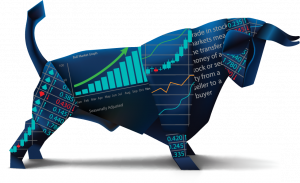How the Trading of Cryptocurrencies Has Evolved Over the Past Few Years
Trading in cryptocurrencies is the polar opposite of foreign exchange, both in terms of how assets are owned and how they are traded.
In the early days of blockchain technology, many people considered trading cryptocurrencies to be nothing more than the act of swapping a few bucks for Bitcoins (BTC). Because of the high level of volatility in the cryptocurrency market and the emergence of new tokens, many traders have begun engaging in speculative behavior by purchasing a small number of coins through exchanges in the expectation that their value would rise and allow them to make a profit.
When it became apparent to financial institutions in the latter half of the 20th century that they were unable to provide the appropriate quantity of United States currency that was secured by a gold reserve, they made the decision to switch to floating exchange rates. This decision was made during the time period. As a result, monetary authorities decided to move away from the gold standard and embrace a system that uses flexible exchange rates. Many people consider this phase to be the first step in the process by which the FX market came into existence.
A comparison of the foreign exchange industry and the cryptocurrency trading market
Trading in cryptocurrencies is the polar opposite of foreign exchange, both in terms of how assets are owned and how they are traded. Traders on cryptocurrency exchanges start by purchasing the desired token and then placing an order to sell it in return for either another cryptocurrency or fiat currency. To put it another way, trading cryptocurrencies involves the actual swapping of one cryptocurrency for another.
At the same time, the state of each nation’s economy is reflected in the foreign exchange rates that are in place. The value of fiat currencies tends to fluctuate between three and five places after the decimal point since these currencies are very stable assets, especially when compared to cryptocurrencies. The value of cryptocurrencies can fluctuate considerably more noticeably than fiat currencies, and in just one day, their value can increase by as much as one hundred percent relative to the dollar.
Because of the wide margins offered by cryptocurrency trading, it is possible to produce a good income even without the use of leverage, which very frequently results in a loss of deposit. It has become clear that investing in currencies when they are still in their nascent phases is a highly successful trading strategy for raising one’s cash.
Why do bitcoin traders still consider the FX market to be relevant to their trading?
As a result of the high volatility of the cryptocurrency market, many traders are beginning to look into traditional trading markets or are returning to them. As a result of the market going into a state of hibernation caused by the consistent prices of numerous trading pairs, a significant number of traders suffer financial losses.
In the effort to find a solution, certain members of the community have begun to focus their attention on other types of trade, such as futures, options, stocks, or the most common one: forex. The daily circulation of foreign exchange surpasses over $6.6 trillion. While the daily volatility of the cryptocurrency market is just $4.8 billion, futures trading volumes are at $440 billion and the value of the U.S. stock market is at $257 billion at the same time.
One of the advantages of the foreign exchange market is that it has been around for far longer than cryptocurrency exchanges, which is also one of the sector’s strengths. Traders have, for a considerable amount of time, had access to a number of well-known platforms, including MetaTrader 4 and 5, as well as dozens of indicators and tools for forecasting and technical analysis. In recent months, brokerage platforms have begun to incorporate a simulated trading environment for cryptocurrencies. However, the fundamental nature of the market has not changed.
How organizations that trade in cryptocurrencies might mitigate the effects of the FX market
If enterprises dealing in cryptocurrencies could increase their levels of security, the influence of the forex market would be significantly reduced. The fact that customer funds are frequently misplaced is one of the primary reasons why investors find it difficult to put their faith in bitcoin exchanges. One recent example is the hacking that occurred in 2019 at the cryptocurrency exchange Binance, in which an estimated forty million dollars was stolen from the platform’s hot wallets.
A project that is based on the Stellar blockchain is one of the options that has been proposed for minimizing the impact of the forex market on cryptocurrency. The superior trading conditions and transparency offered by Bridge Token make it possible for its users to convert between currency and cryptocurrencies.





